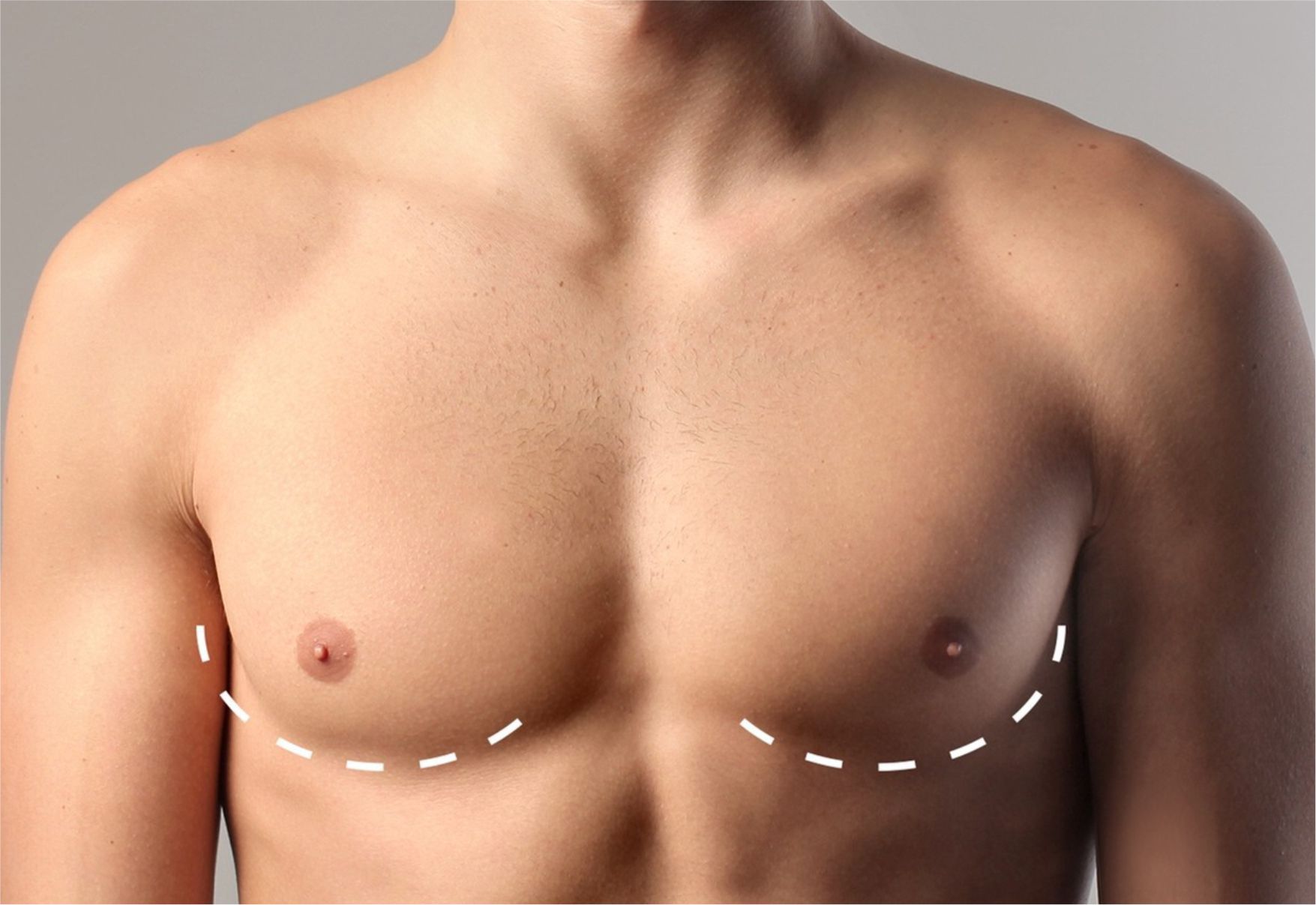
Gynecomastia is a medical condition that affects men and boys. It is characterized by the enlargement of the breast tissue in males, and it can cause physical and emotional discomfort. In this article, we will discuss the causes, symptoms, and treatment options for gynecomastia.
Gynecomastia is caused by an imbalance of hormones in the body, specifically an increase in estrogen levels and a decrease in testosterone levels. This can occur naturally during puberty, as the body goes through hormonal changes. However, gynecomastia can also be caused by certain medications, medical conditions, and lifestyle factors.
Medications: Some medications, such as certain antidepressants, antipsychotics, and heart medications, can cause gynecomastia as a side effect.
Gynecomastia can also be caused by certain medical conditions, such as Klinefelter syndrome, liver disease, and thyroid problems.
Certain lifestyle factors can contribute to gynecomastia, including obesity, excessive alcohol consumption, and the use of anabolic steroids.
The main symptom of gynecomastia is the enlargement of breast tissue in males. This can vary in size, from a small amount of tissue around the nipple to a more significant amount that can resemble female breasts. Gynecomastia may also be accompanied by tenderness or pain in the breast tissue. In some cases, there may be discharge from the nipple.
The treatment for gynecomastia depends on the underlying cause and the severity of the condition. In some cases, gynecomastia may go away on its own, especially if it is caused by hormonal changes during puberty. However, if gynecomastia is caused by medication or a medical condition, the underlying issue will need to be addressed.
Medications: If medication is causing gynecomastia, your doctor may recommend stopping or switching to a different medication. In some cases, medications that block estrogen production may be prescribed.
If gynecomastia is severe or causing significant emotional distress, surgery may be recommended. This typically involves the removal of excess breast tissue through liposuction or a surgical procedure known as a mastectomy.
Lifestyle Changes: Making certain lifestyle changes, such as losing weight, reducing alcohol consumption, and avoiding anabolic steroids, can help reduce the severity of gynecomastia.
Gynecomastia is a medical condition that affects men and boys and can cause physical and emotional discomfort. It is caused by an imbalance of hormones in the body and can be caused by medications, medical conditions, and lifestyle factors. Treatment options include addressing the underlying cause, medication, surgery, and lifestyle changes. If you are experiencing symptoms of gynecomastia, it is important to speak with your healthcare provider to determine the best course of treatment for you.
There are several important issues to consider when it comes to gynecomastia, which is a medical condition characterized by the enlargement of breast tissue in males. These issues include:
1- Physical Symptoms: Gynecomastia can cause physical discomfort, such as tenderness or pain in the breast tissue. It can also cause embarrassment and self-consciousness, which can impact a person's quality of life.
2-Underlying Medical Conditions: Gynecomastia can be a symptom of an underlying medical condition, such as Klinefelter syndrome, liver disease, or thyroid problems. It is important to identify and address any underlying medical issues to ensure the best possible treatment outcome.
3-Medications: Certain medications can cause gynecomastia as a side effect. If a person is taking medications that may be contributing to their gynecomastia, their healthcare provider may recommend adjusting the dosage or switching to a different medication.
4-Surgery: Surgery may be necessary to remove excess breast tissue in cases of severe gynecomastia or if the condition is causing significant emotional distress. It is important to carefully consider the risks and benefits of surgery before making a decision.
5-Lifestyle Factors: Certain lifestyle factors, such as obesity, excessive alcohol consumption, and the use of anabolic steroids, can contribute to gynecomastia. Making lifestyle changes, such as losing weight or avoiding certain substances, may help reduce the severity of gynecomastia.
6-Emotional Impact: Gynecomastia can have a significant emotional impact, particularly for adolescents who may already be struggling with body image issues. It is important to provide emotional support and counseling to help individuals cope with the condition.
7-Prevention: While it may not always be possible to prevent gynecomastia, there are steps that can be taken to reduce the risk. This includes avoiding medications that can cause gynecomastia, maintaining a healthy weight, and avoiding excessive alcohol consumption and anabolic steroids.
Overall, gynecomastia is a complex medical condition that requires careful consideration of the underlying causes, treatment options, and emotional impact on the individual. It is important to work closely with a healthcare provider to determine the best course of treatment for each individual case.